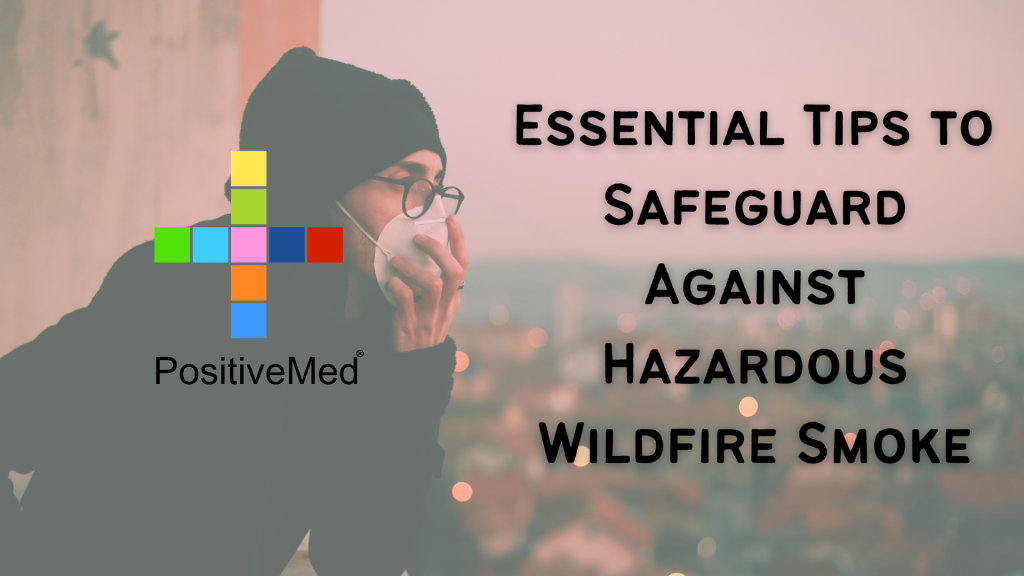
When air quality plummets due to raging wildfires, safeguarding your health against the hazardous effects of smoke becomes paramount. Protecting your respiratory system is crucial during these challenging times. Here, are essential strategies to help you breathe safely and effectively shield yourself from the perils of wildfire smoke:
1. Seek Shelter Indoors, if Possible
When air quality deteriorates, prioritize staying indoors to minimize exposure to outdoor air. Keep windows and doors tightly shut to prevent smoke from infiltrating your living space. Maintain clean indoor air quality by utilizing air purifiers or running air conditioning units on recirculation mode. Avoid smoking indoors and minimize the use of candles or other sources of indoor air pollution. Regularly dust and vacuum your home to reduce the presence of airborne particles.
2. Utilize Masks or Respirators
If you need to venture outside, especially for extended periods, equip yourself with N95 masks or respirators. These specialized masks effectively filter out fine particles and ensure a secure fit to enhance their effectiveness.
3. Limit Physical Exertion
During periods of hazardous air quality, minimize physical exertion, especially in outdoor settings. Engaging in vigorous exercise leads to deeper breathing, resulting in increased inhalation of smoke particles. Opt for indoor exercises or choose less strenuous activities to reduce exposure.
4. Hydration is Key
Maintain optimal respiratory health by staying hydrated. Drinking ample water helps keep your airways moist, providing some relief from smoke-induced irritation. Adequate hydration supports your body’s natural defense mechanisms against pollutants.
5. Stay Informed and Comply with Evacuation Orders, if Issued
Stay updated with the latest news and alerts from local authorities regarding the wildfire situation and air quality. If you experience severe symptoms or have underlying respiratory conditions, seek guidance from healthcare professionals who can provide personalized advice based on your specific circumstances. In the event of evacuation orders, prioritize your safety and adhere to the instructions provided by local authorities.
Prioritize your respiratory well-being, stay informed, and maintain vigilance to ensure your safety during these challenging times.





